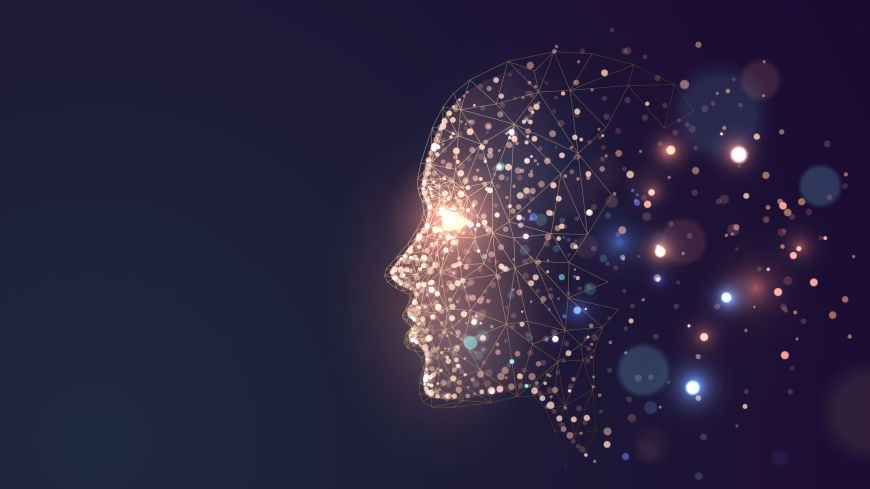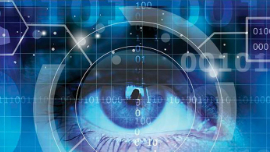Facial recognition is the automatic processing of digital images containing individuals' faces for identification or verification of those individuals by using face templates. The uses of this technology are many and varied, some of which may seriously infringe the rights of data subjects. For example, integrating facial recognition technologies to existing surveillance systems poses a serious risk to the rights to privacy and protection of personal data as well as to other fundamental rights since the uses of these technologies do not always require the awareness or cooperation of the individuals whose biometric data is processed, considering for instance the possibility of accessing digital images of individuals on the Internet.
On 28 January, the Committee of Convention 108 has adopted Guidelines on facial recognition that provide a set of reference measures that governments, facial recognition developers, manufacturers, service providers and entities using facial recognition technologies should follow and apply to ensure that they do not adversely affect the human dignity, human rights and fundamental freedoms of any person, including the right to protection of personal data.





